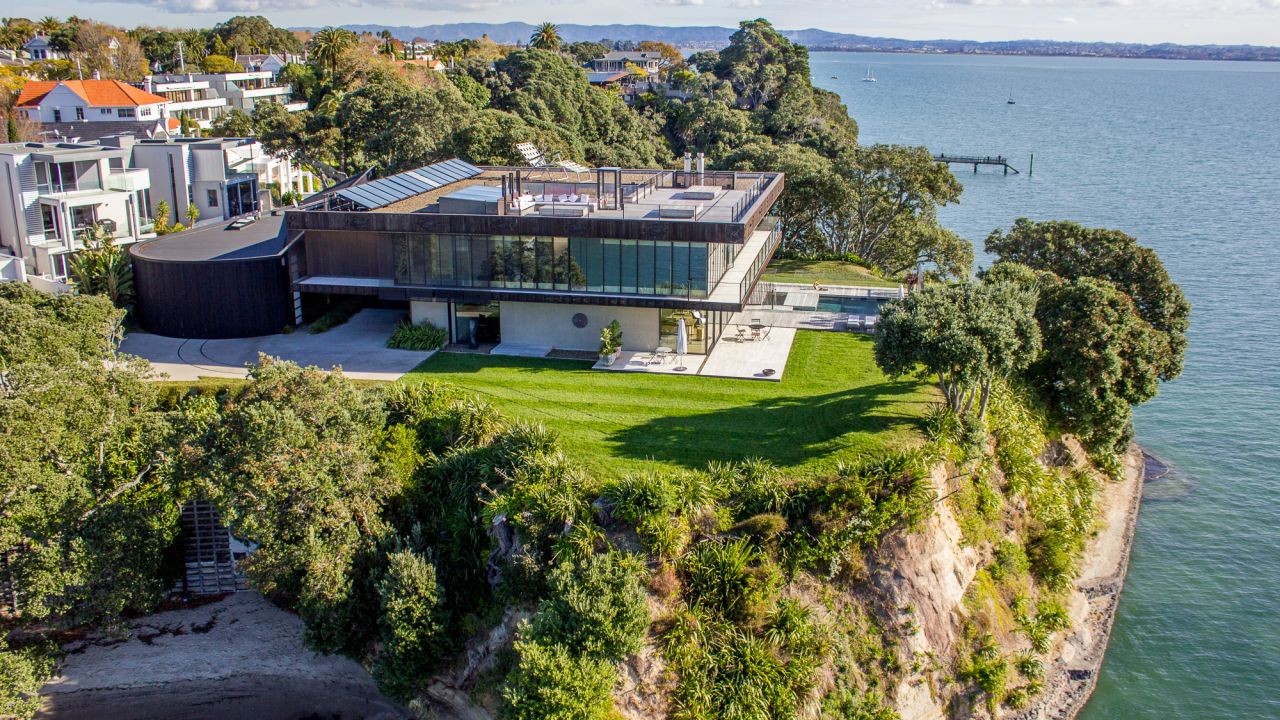As New Zealand continues its journey towards economic recovery, the significance of tourism cannot be overstated. Tourism remains a cornerstone of the Kiwi economy, contributing not just to GDP but also to employment and regional development. This article delves into why tourism is still crucial for New Zealand’s economic recovery, especially in the context of property investment.
How It Works: The Economic Engine of Tourism
Tourism in New Zealand is more than just a leisure industry; it's a pivotal economic driver. In 2019, before the pandemic, tourism contributed 5.8% to New Zealand’s GDP and directly employed over 230,000 people. The pandemic has underscored the critical role tourism plays in maintaining economic stability and growth.
The Ministry of Business, Innovation, and Employment (MBIE) highlights that tourism stimulates regional economies by increasing demand for local services, hospitality, and retail, which in turn supports property investment. The resurgence of tourism is vital for reviving these sectors, thereby creating a ripple effect that benefits the broader economy.
Data-Driven Insights: Property Market Impacts
According to Stats NZ, regions like Queenstown and Rotorua, heavily reliant on tourism, are experiencing a property market revival. Increased visitor numbers lead to higher demand for accommodations, which boosts property values. Investors who recognize this trend can reap substantial returns by investing in these tourist hotspots.
Case Study: Queenstown – A Resilient Tourist Hub
Problem: Queenstown, renowned for its picturesque landscapes and adventure tourism, faced a significant downturn during the pandemic. With international borders closed, the local economy suffered, impacting property values and the hospitality sector.
Action: As borders reopened, targeted marketing campaigns aimed at domestic tourists and strategic investments in infrastructure revitalized Queenstown’s appeal. The local council collaborated with tourism operators to enhance visitor experiences, ensuring safety and promoting unique attractions.
Result: Within a year, Queenstown saw a 30% increase in domestic tourists. Property values began to climb, with a reported 15% increase in the last quarter alone, according to NZ Property Reports.
Takeaway: This case study illustrates the resilience of tourism-dependent regions and the potential for property investment growth. Investors should consider regions with strong tourism recovery plans for future investments.
Debunking Common Myths
- Myth: "Tourism only benefits the hospitality industry."Reality: Tourism supports multiple sectors, including retail, transportation, and real estate, by creating jobs and increasing demand for local products and services.
- Myth: "Domestic tourism can't replace international visitors."Reality: While international tourists spend more, domestic tourism has shown to sustain local economies, as seen in regions like Bay of Plenty, which experienced a 20% increase in domestic travel, according to MBIE.
- Myth: "Tourist destinations are risky investments."Reality: With strategic planning, tourist regions can offer high returns. For example, the Waitaki district leveraged local attractions to boost tourism, resulting in a 25% increase in property investments over two years.
Future Trends & Predictions
Looking ahead, the tourism industry is set to evolve with sustainable practices and digital innovations at the forefront. A report by Deloitte predicts that by 2028, 40% of tourism-related businesses in New Zealand will adopt eco-friendly measures, enhancing their attractiveness to environmentally conscious travelers.
Moreover, the integration of technology in tourism, such as virtual reality experiences and AI-driven customer service, will redefine visitor interactions. Property investors should consider these trends when evaluating potential investments in tourist areas.
Conclusion
Tourism remains a vital component of New Zealand's economic recovery, driving growth across various sectors, including property investment. As regions embrace innovative strategies and adapt to changing traveler preferences, opportunities for investors will abound. By aligning investment strategies with tourism trends, stakeholders can contribute to and benefit from New Zealand's economic resurgence.
Are you ready to explore investment opportunities in New Zealand's thriving tourism sector? Share your thoughts and insights below!
People Also Ask
- How does tourism impact New Zealand’s economy? Tourism significantly contributes to New Zealand’s GDP and employment. It stimulates regional economies, benefiting sectors like hospitality, retail, and real estate.
- What are the biggest misconceptions about tourism in NZ? One myth is that tourism only benefits hospitality, but it supports various sectors, including retail and transportation, by creating jobs and increasing demand.
- What are the future trends in New Zealand’s tourism industry? Future trends include sustainable tourism practices and digital innovations like virtual reality and AI-driven services, enhancing visitor experiences.
Related Search Queries
- New Zealand tourism economic impact 2023
- Investment opportunities in NZ property market
- Sustainable tourism trends in New Zealand
- Future of tourism in New Zealand
- Property investment in tourist areas






























